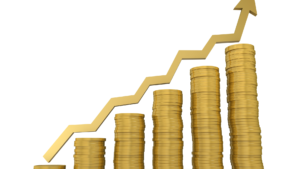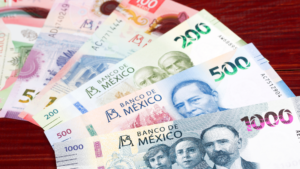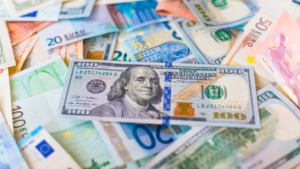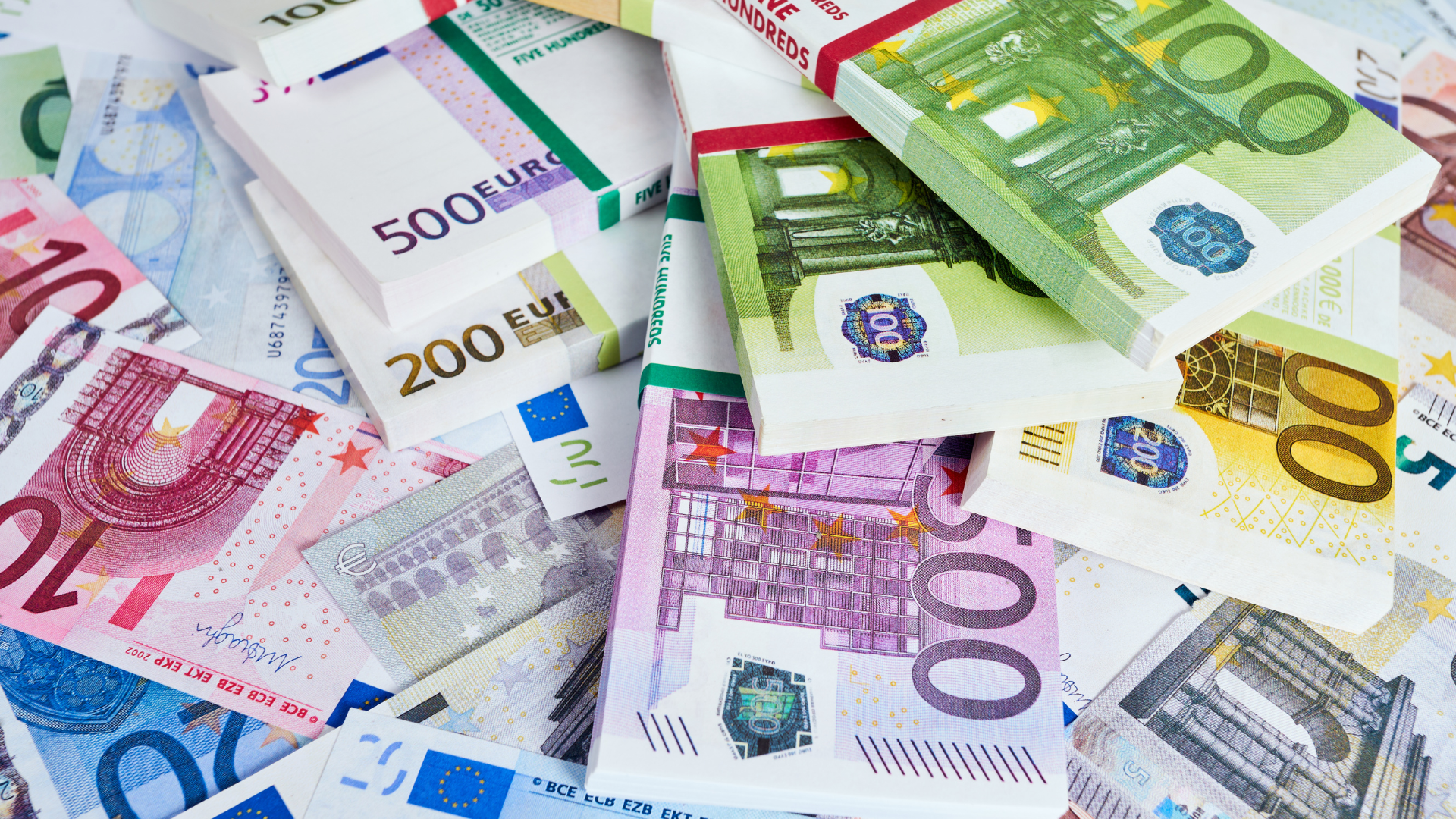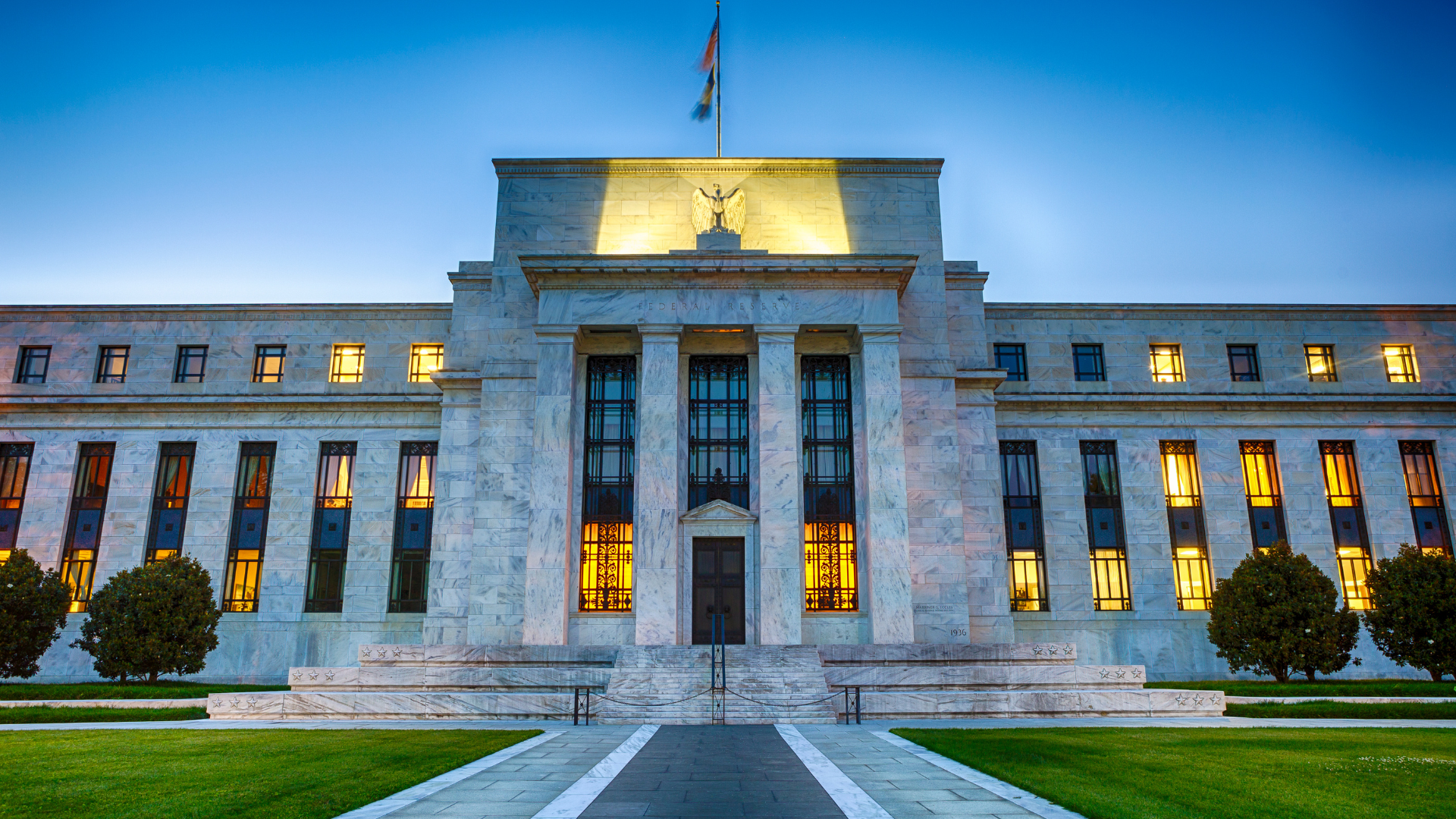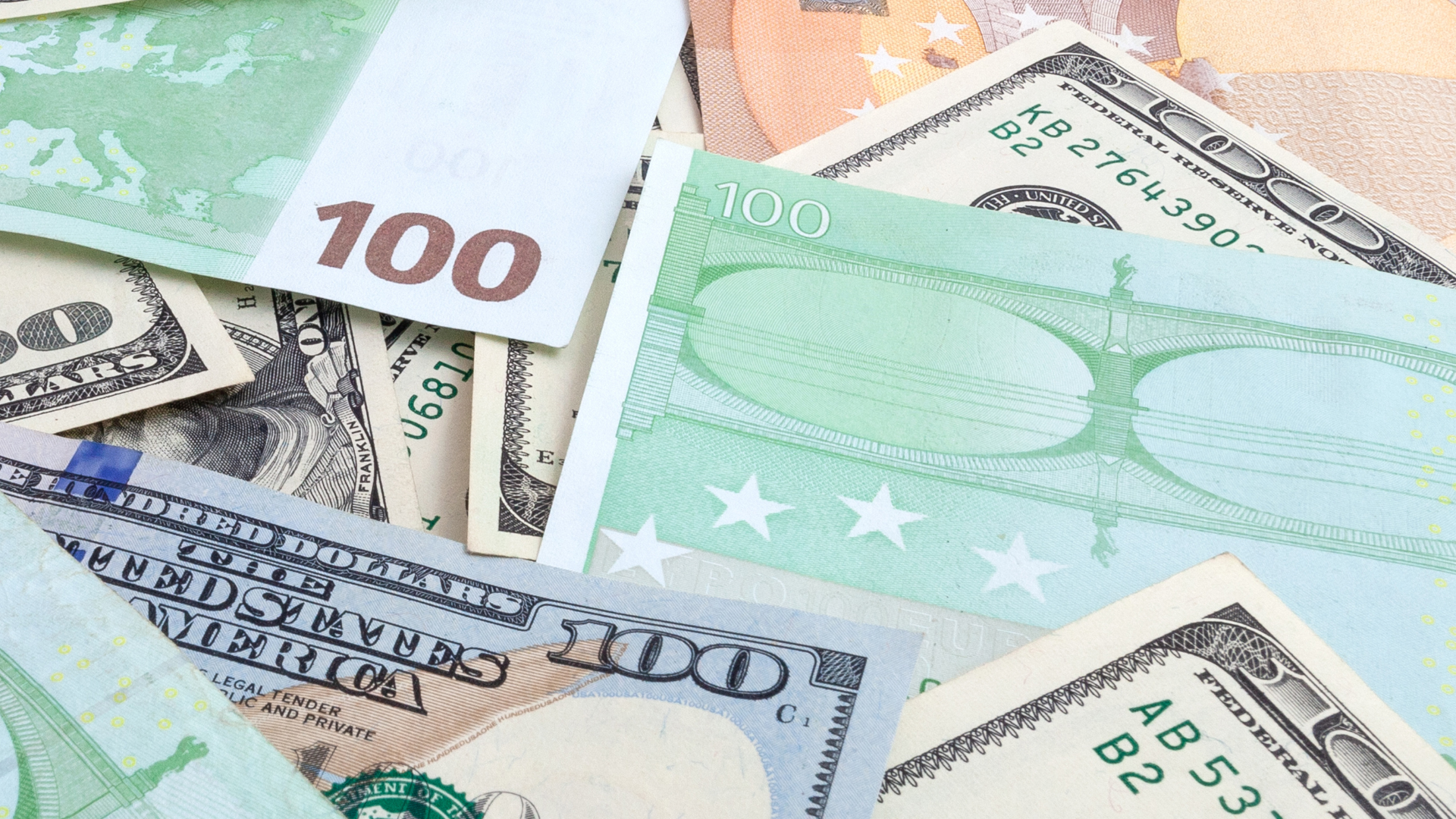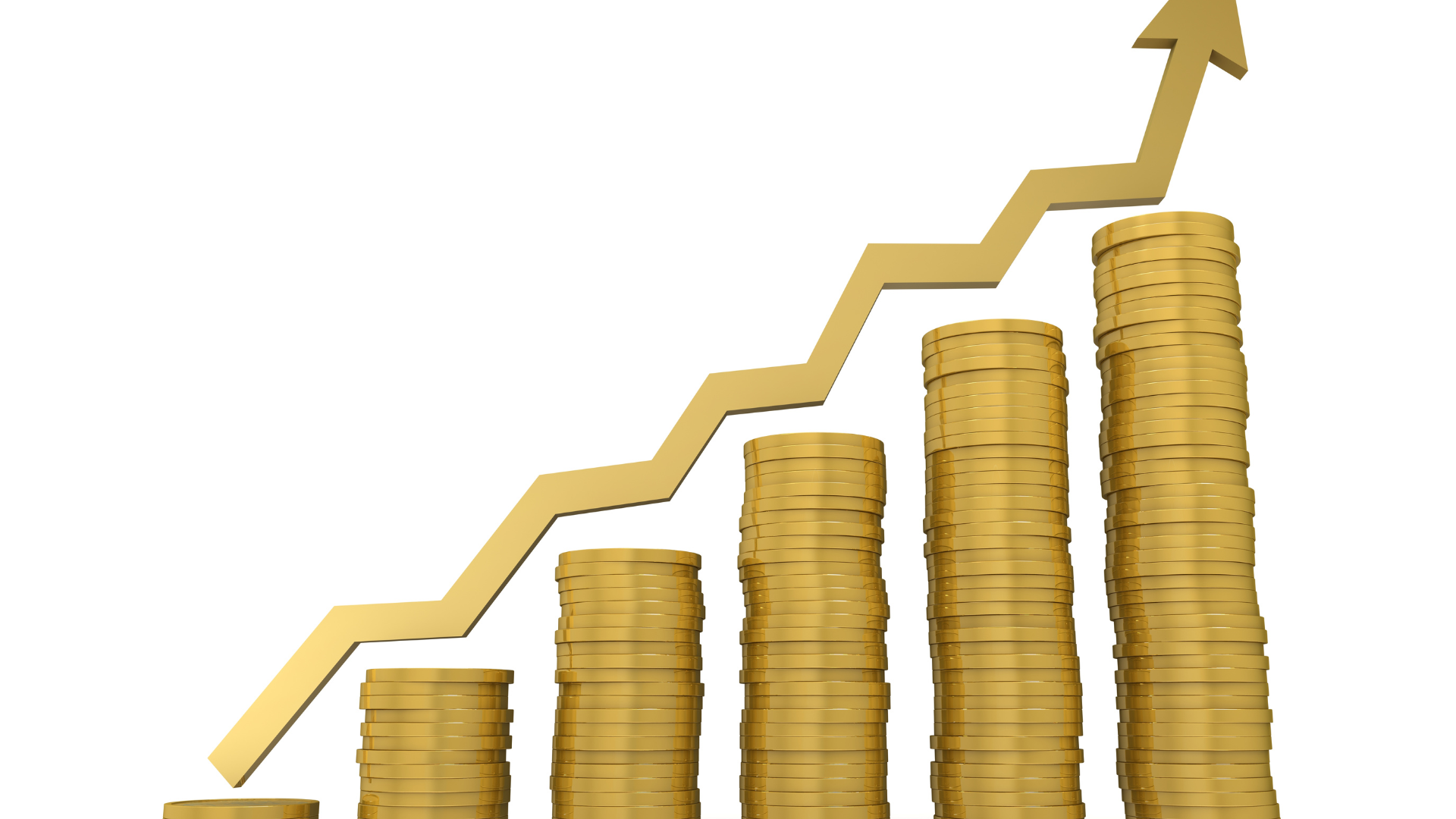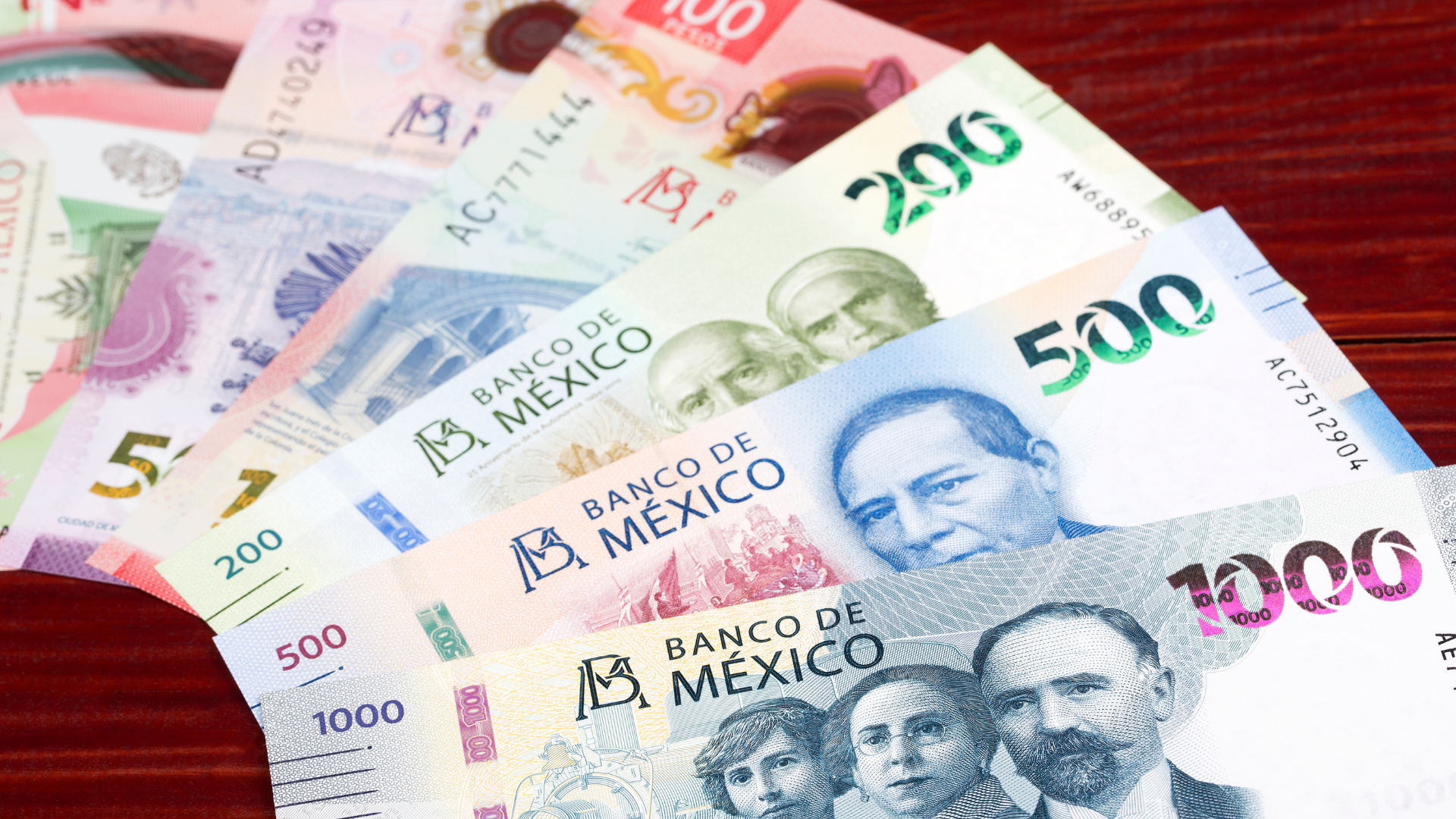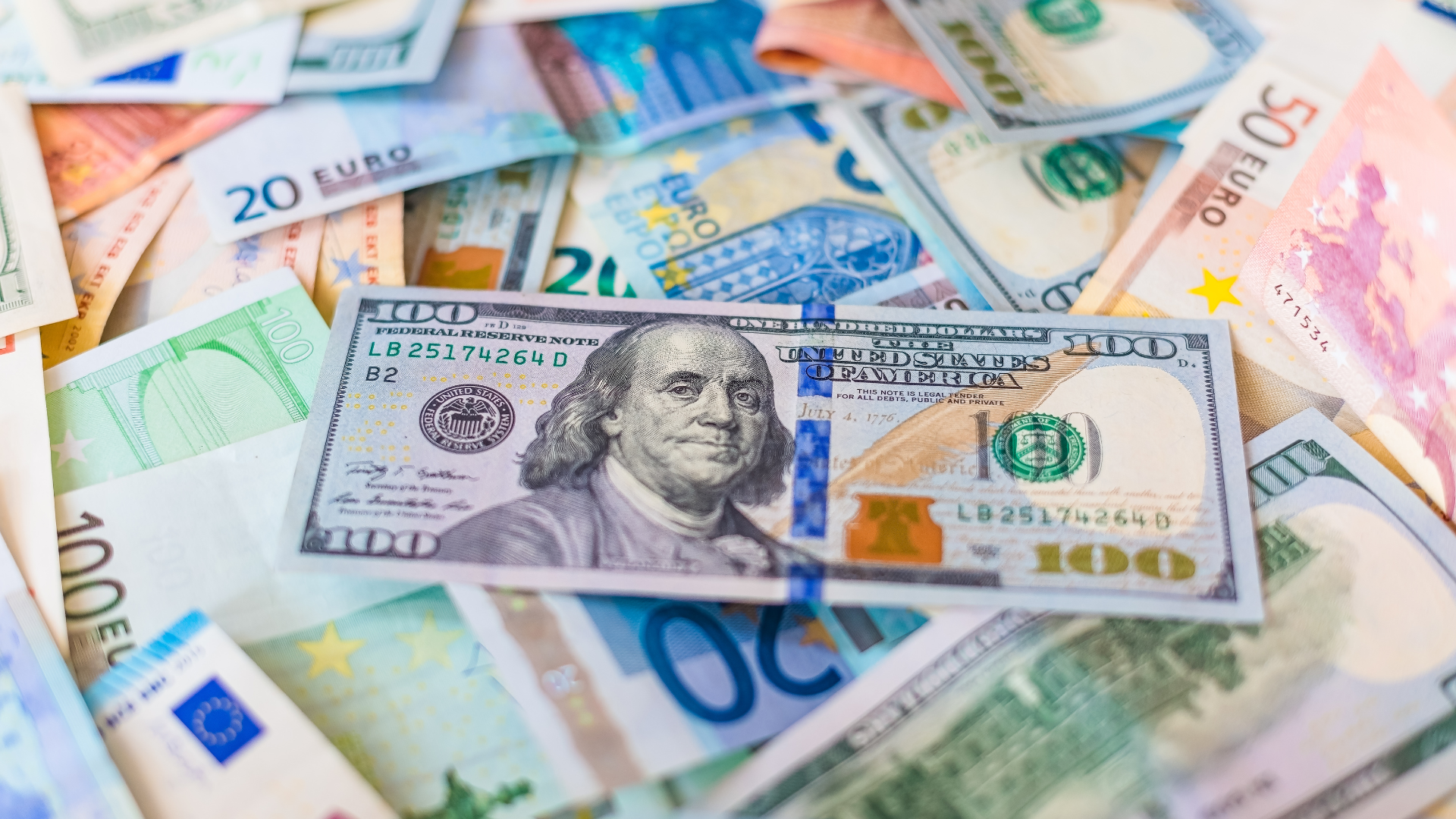West Texas Intermediate (WTI) crude oil prices have edged higher, nearing the $70 per barrel threshold as investors react to new developments in both global policy and economic signals. The latest rally is attributed to China’s stimulus measures, which have provided optimism for increased demand, particularly as the country works to stabilize its economic growth. On the other side of the world, fresh European Union sanctions targeting Russia have further tightened global energy markets, contributing to the price rise.
The announcement of China’s fiscal stimulus package, aimed at boosting economic activity, has been seen as a key driver for the uptick in WTI. As the world’s largest oil importer, China’s economic health plays a crucial role in global energy demand. Market participants have reacted positively to the policy, signaling that the country’s demand for oil could surge in the coming months as stimulus measures take effect.
Meanwhile, new European sanctions against Russia have added another layer of complexity to the global oil market. These sanctions, which target Russia’s energy sector, are expected to further disrupt supply and limit exports from one of the world’s largest oil producers. As a result, concerns about tightening supply have added upward pressure to oil prices, with WTI trading just shy of the $70 mark.
The combination of China’s economic stimulus and the EU’s tough stance on Russian energy exports has led to renewed optimism in the oil market. As global supply concerns grow, investors are closely monitoring these developments, which could continue to shape the price trajectory in the coming weeks.






